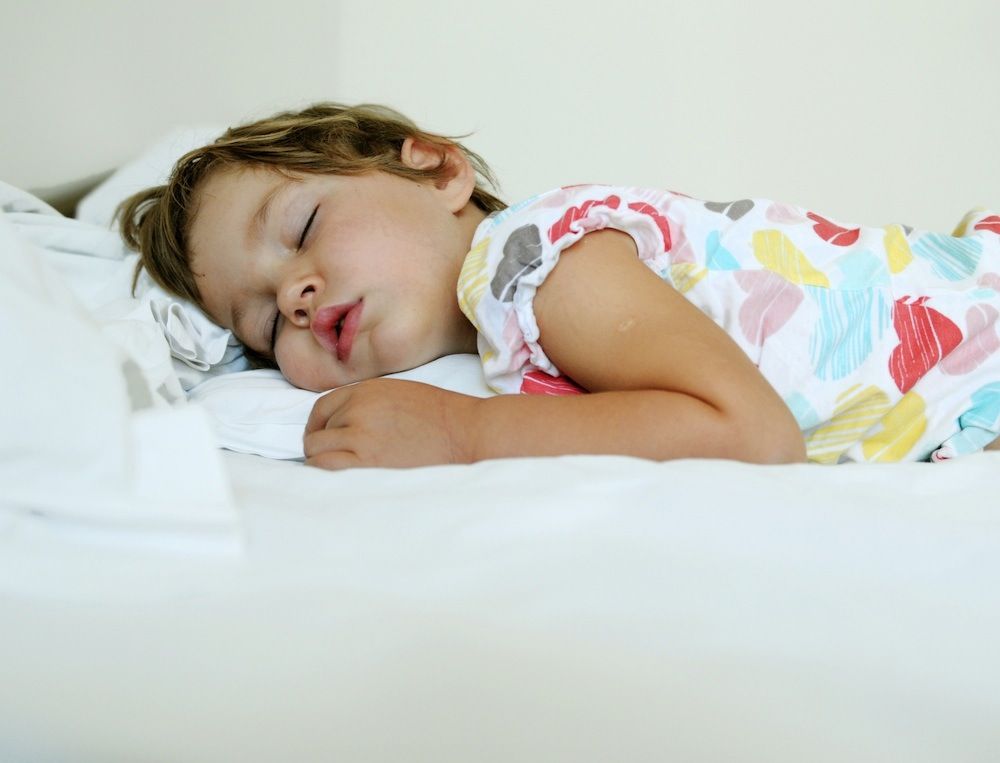Snooze Smarts: How Naps Help Preschoolers Learn

Teachers have long considered naps a valuable part of a preschooler's day, and research now confirms the learning benefits of daytime snoozes.
After napping, children performed significantly better on a memory task than when they did not nap, a new study finds, and the napping payoff extended to the following day. The findings suggest that naps are vital for memory consolidation.
"Essentially, we are the first to report evidence that naps are important for preschool children," study researcher Rebecca Spencer, a research psychologist at the University of Massachusetts Amherst, said in a statement. "Our study shows that naps help the kids better remember what they are learning in preschool." [11 Surprising Facts About a Baby's Brain]
Enrollment in publicly funded preschools has increased as a result of research showing long-term education and health benefits of early schooling. But parents and administrators have considered eliminating nap times to make additional time for learning, because until now, there hadn't been much research demonstrating the benefits of naps in preschool children.
In the study, 40 children from six preschools throughout western Massachusetts were taught a visual-spatial task similar to the game Memory. They were shown a grid of pictures and were asked to remember the location of particular images.
In one instance, the children napped during the school day for an average of 77 minutes. Another time, they were kept awake during that time period. The kids completed the memory task in the afternoon after napping or staying awake, and again the following day.
The tots showed better recall after napping compared with when they had not napped, the researchers found. The kids remembered the picture locations with an accuracy of 75 percent after snoozing, versus 65 percent after staying awake. After napping, they also performed better on the task the following day.
Sign up for the Live Science daily newsletter now
Get the world’s most fascinating discoveries delivered straight to your inbox.
The findings, detailed today (Sept. 23) in the journal Proceedings of the National Academy of Sciences, show the benefits of sleeping in close proximity to learning, the researchers said, adding that when kids miss a nap, they can't simply make up the benefit with a normal night's sleep.
In another experiment, Spencer and her colleagues recruited a group of 14 preschoolers to nap in a lab. The scientists, who measured physiological changes during the naps, found a correlation between brain activity associated with integrating new information and the memory benefit of sleep.
The researchers say preschools should develop napping guidelines to ensure adequate nap times, and provide an environment that encourages kids to sleep.
Follow Tanya Lewis on Twitter and Google+. Follow us @livescience, Facebook & Google+. Original article on LiveScience.












